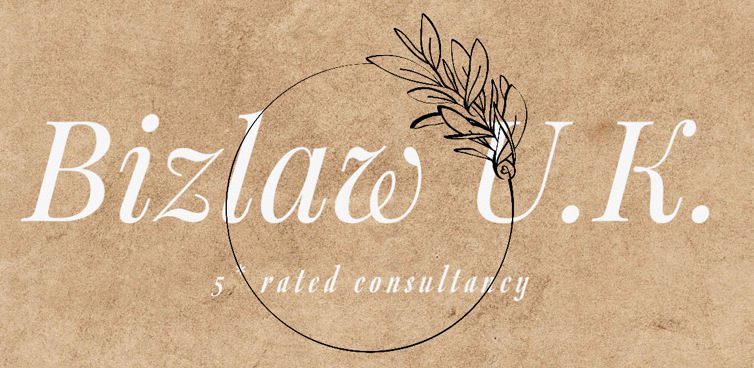|
Getting your Trinity Audio player ready...
|
- The Court’s approach to freedom of contract in business-to-business contracts vs Business-to- Consumer contracts
What is Freedom of Contract?
2 Key Aspects.
- Firstly, The law should respect the freedom of the contracting parties to set the terms of their own agreements.
- Contracts should be enforceable because the parties have freely agreed to them.
The approach taken by courts to business-to-business contracts:
- Follow these approaches for better B2B contracts:
- Courts adopt a non-interventionist approach to business-business contracts where both parties possess equal bargaining power.
- Also Courts have shown a reluctance to intervene in contracts between commercial parties of equal standing. As such, they should be able to draft contracts according to their own preferences.
- A commercial party has the freedom to impose its own terms on an agreement.
- The courts unwillingness to interfere in this context reflects the requirement for business certainty.
- The non-interventionist approach supports freedom of contract as commercial parties of equal size can enforce terms they have freely agreed.
The approach taken by courts to business-consumer contracts:
Important approaches followed by courts are;
- Courts adopt a more interventionist approach under the Consumer Rights Act (CRA) 2015 which governs business-to-consumer contracts.
- The reason for this is because businesses hold a stronger bargaining position than consumers.This imbalance offers consumers greater protection
- A term is unfair if it triggers a significant imbalance of rights in favour of the business. And also to the detriment of the consumer (S.62(4) CRA 2015).
- The good faith test determines whether a term is fair.
- There are two aspects to the good faith test:
- Procedural fairness: Business and consumer dealt in good faith when forming contract, e.g. by making sure the consumer understood the relevant terms when entering into the contract.
- Substantive fairness: The function of good faith is to protect the consumer from receiving goods that fall below a minimum level of quality that they would reasonably expect.
- The good faith test works with significant imbalance to raise the threshold required for a term. We will consider this fair and include it in the contract. This contradicts the idea of freedom of contract and shows that freedom of contract in a consumer context is illusory.
Bizlaw U.K. can help you with all aspects of the contract, connecting you to our specialist business solicitors. This safeguards your interests at the negotiation stage. For any business contract, you can reach us by Whatsapp on 07583452230 or by email at help@bizlawuk.co.uk. We can also assist with other legal services. Please visit our website www.bizlawuk.co.uk to find out about our range of holistic legal and business services, check our 5-star testimonials and watch our Youtube channel or listen to our podcasts. Please follow, like, and share our social media content if you find it useful.




